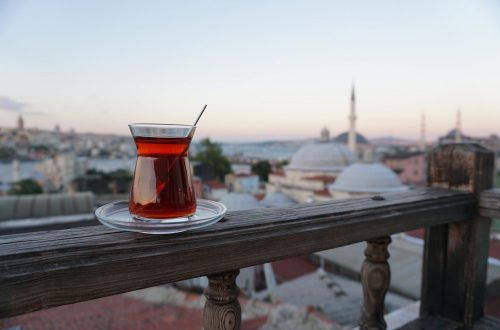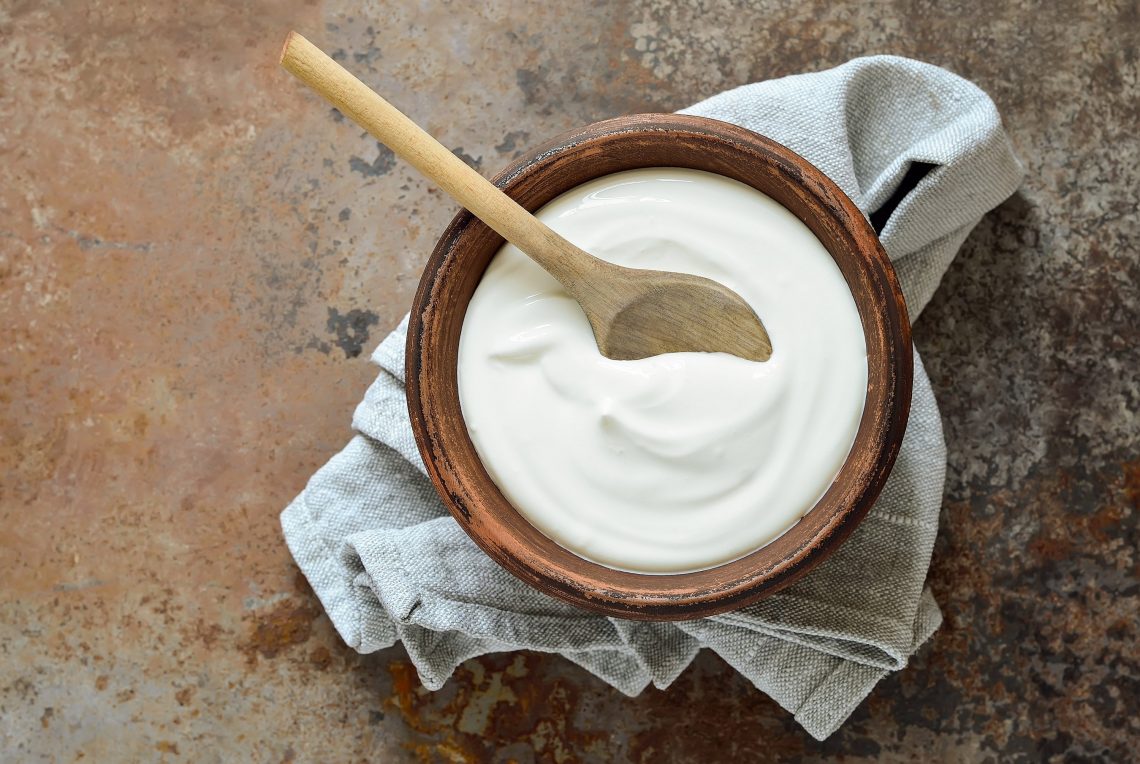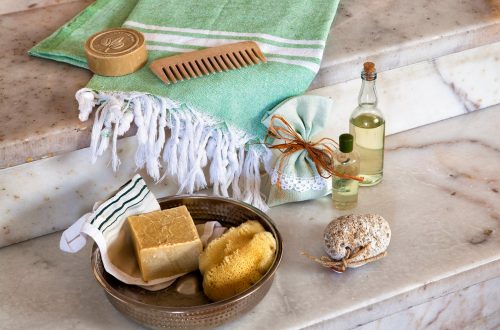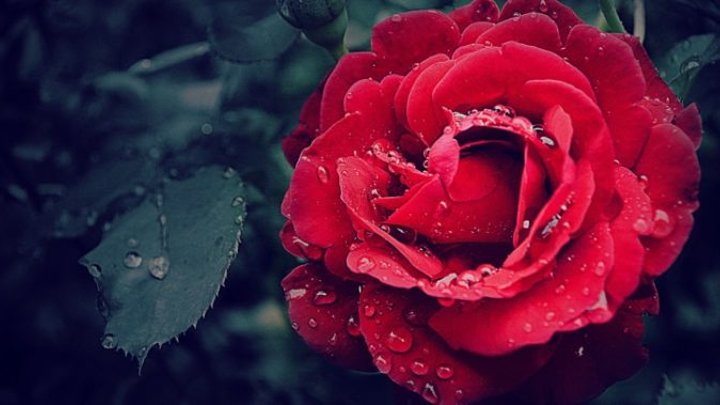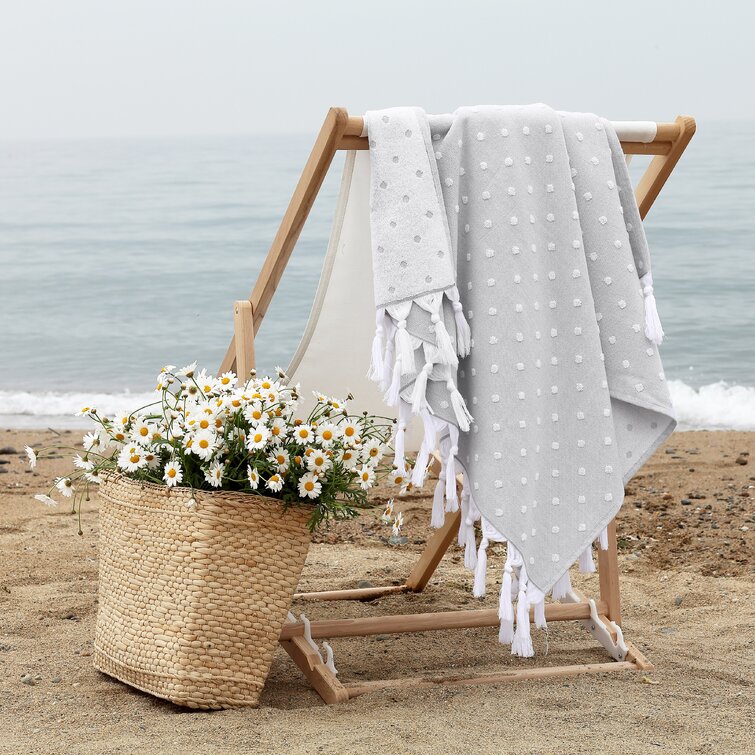Traditions in Turkey
Explore the captivating cultural heritage and time-honored customs of Turkey, delving into a rich tapestry of traditions that have shaped this enchanting nation. Discover the unique rituals, festivals, and practices that offer a profound glimpse into Turkey's identity.
-
Oriental hair removal with thread
Who among you has not heard of the oriental hair removal technique using thread? In Europe it is fashionable to shave one’s moustache and eyebrows with this technique, to obtain a longer lasting result. Did you know that it has been used in Turkey for centuries? It is clear that not everyone knows how to put it into practice, it is often handed down from generation to generation. In my case, since I am one of the few in my family who knows how to do it, it went a little differently. It wasn’t my mom who taught me, but a neighbour of my cousin’s. Every summer we spent three…
-
Nicknames in Turkey between spouses, a splendid custom
I would like to tell you about a splendid custom, that of using nicknames in Turkey between spouses. It is clear that it is not a general gesture for all Turks, but the custom is very widespread, certainly among the young, but also in more mature people such as my parents, my uncles…. Nicknames in Turkey : Too close to call you like everyone else Here, it is precisely this … Among the Turkish spouses, nicknames are often used to call each other, avoiding using the proper name, which is left to all those outside the couple. Everyone will call your spouse by his name, but I will call him…
-
In Turkey, hospitality is a rule of life
In Turkey, hospitality is the basis of social relationships, whether they are at home or away from home, it is a real rule of life. Every opportunity is good to help others. If you get lost in the immensity of Istanbul, and ask for help, it is very likely that they will not only give you directions, but will accompany you directly to where you want to go. In this article, I will focus on Turkish hospitality when entering a Turkish home. Hospitality should not be taken lightly, it is a very important aspect of Turkish culture, as I told you it is a rule of life and must be…
-
The use of bey, hanım, abla … in the Turkish language
There is a great sense of respect in the Turkish language and they express it every day through a series of titles that are used to call each other. They are often added after the person’s name. It is not easy to get to know them all, especially if you do not have the opportunity to frequent Turkish friends on a regular basis. Who doesn’t remember sweet Sanem addressing her boss with “Double Check Can Bey“? Yes, despite the obvious attraction between Can and Sanem, she must still call him Bey as a sign of respect since he is her boss. Formally, hanım and bey in the Turkish language Formally,…
-
The five things to avoid when traveling to Turkey
The five things to avoid when traveling to Turkey. Each country has its own code of conduct, whether written or not, and there are gestures or attitudes that are best avoided when visiting a country, in order not to fall into misunderstandings sometimes you will find yourself in an uncomfortable and embarrassing situations. . Here are five things to avoid when traveling to Turkey Some things will make you smile, others will leave you perplexed or surprised. Here are the 5 things to avoid: 1. Atatürk and the Turkish flag are sacred Atatürk, literally “The Father of all Turks“, is the Turkish hero par excellence. He is the one who…
-
The importance of yogurt in Turkish cuisine
Today I will show you the importance of yogurt in Turkish cuisine, its origins and the Turkish preparation technique. I will tell you about some of the many dishes that can be prepared with yogurt or that yogurt can accompany. Memories of yogurt in Turkish cuisine with traditional technique Every Sunday evening my mother prepared yogurt according to tradition. She had learned it from her mother, and her turn, she will have learned it from her mother and so on. Yogurt is one of those basic ingredients of Turkish cuisine that can never be missing. Of course, many of us, here in Italy, but also in Turkey, now buy it…
-
Love for the rose (Gül) and for the tulip (Lale)
The Turkish people have a love for all flowers, in fact our cities are full of flowered and manicured gardens, in particular we have a love for the tulip “lale” and for the rose “gül”. Tulip – Symbol of the sultans Originally, the tulip was a flower of Central Asian origin (like the Turkish people), which arrived in Anatolia with various migrations. In Anatolia, its cultivation began centuries ago and it was in these remote times that the passion of the sultans for this particular flower was born. In fact, the tulip, recalls the turban of the sultans … will it be the explanation of this passion? Perhaps, but the…
-
The Turkish lullaby E bebegim e
With this article, I would like to tell you about sweetness and E bebeğim e, that is the Turkish lullaby. What’s sweeter than a mother putting her child to sleep? It is one of the most universal and natural gestures in the world. In any part of the world, mothers put their little one to sleep in one way or another. I, in fact, want to talk to you about how we, Turkish mothers, put to sleep our little ones whispering E bebeğim e, the Turkish lullaby. I state that in Turkey, children are not considered kings or queens, with the power to have everything at once. From an early age,…
-
The Turks passion for dried fruit
Turks have a real passion for dried fruit, which I would personally would call an addiction. Let’s start with the fact that the vast territory and the varied climate allows Turkey to have a large supply of varied crops of dried fruit and fruit in general. Each area or region has therefore developed their very own specific products and offerings over the years. Black Sea, home of hazelnuts The climate of the Black Sea basks in its mild winters and cool summers. This very specific climate allows for large productions of hazelnuts, sought after by the largest brands, such as Ferrero for example, which uses them in the production of…
-
The Pestemal, the traditional Turkish towel
Pestemal is one of the many symbols of Turkish culture. The characteristic hamam cloth, which in Turkish is called Pestemal, is part of the Turkish tradition. The origin of Pestemal It is thought that Pestemal originated in Anatolia in the 13th century and was used by the Turks during the moments spent at the hamam. Born from the Roman baths, the Turkish hamam became part of Turkish culture around the 11th century. Going to the hamam, in Turkey, is a widespread tradition among all walks of life, an opportunity to purify oneself but also to meet up with friends and socialise. Initially the Pestemal was simple and ordinary, but it…

